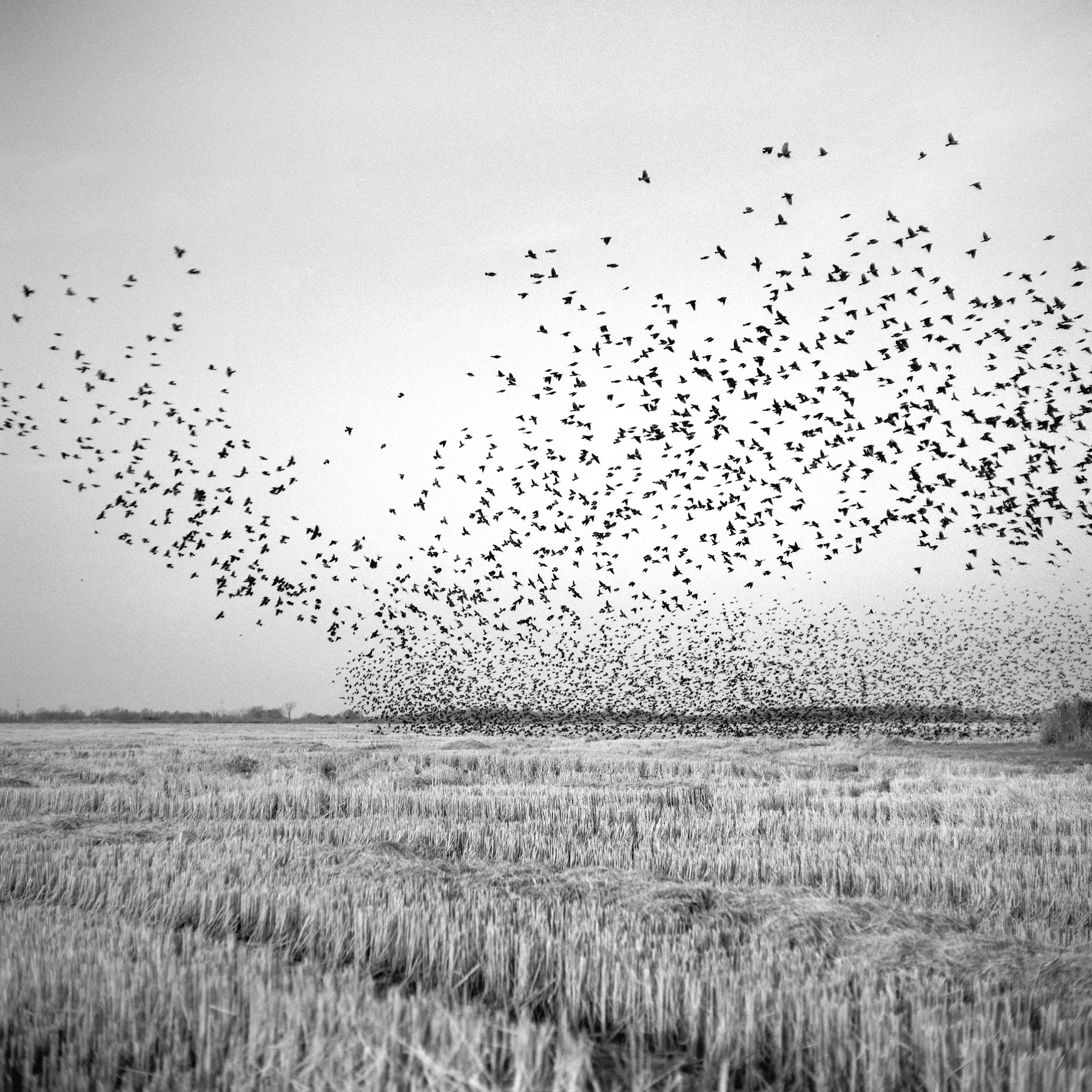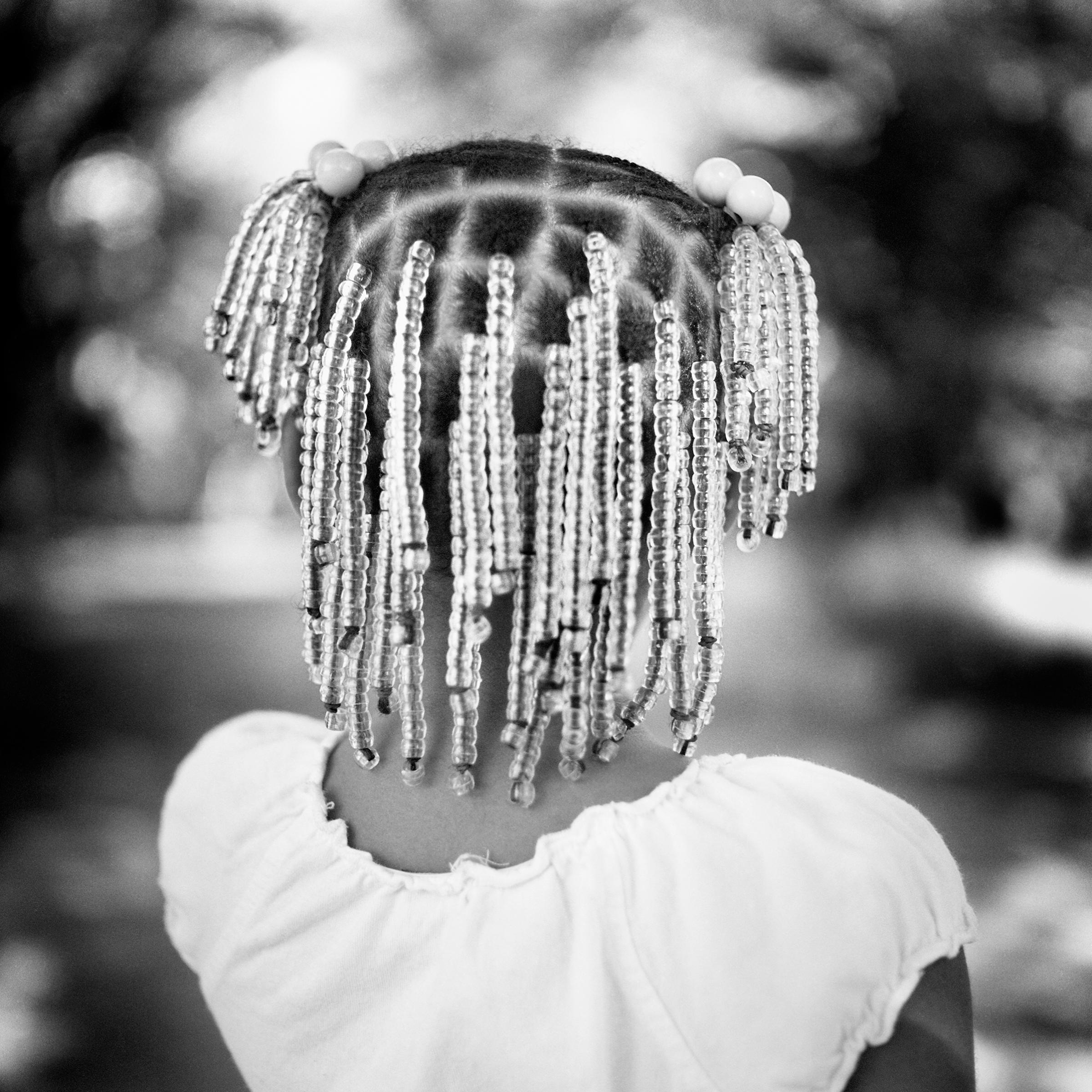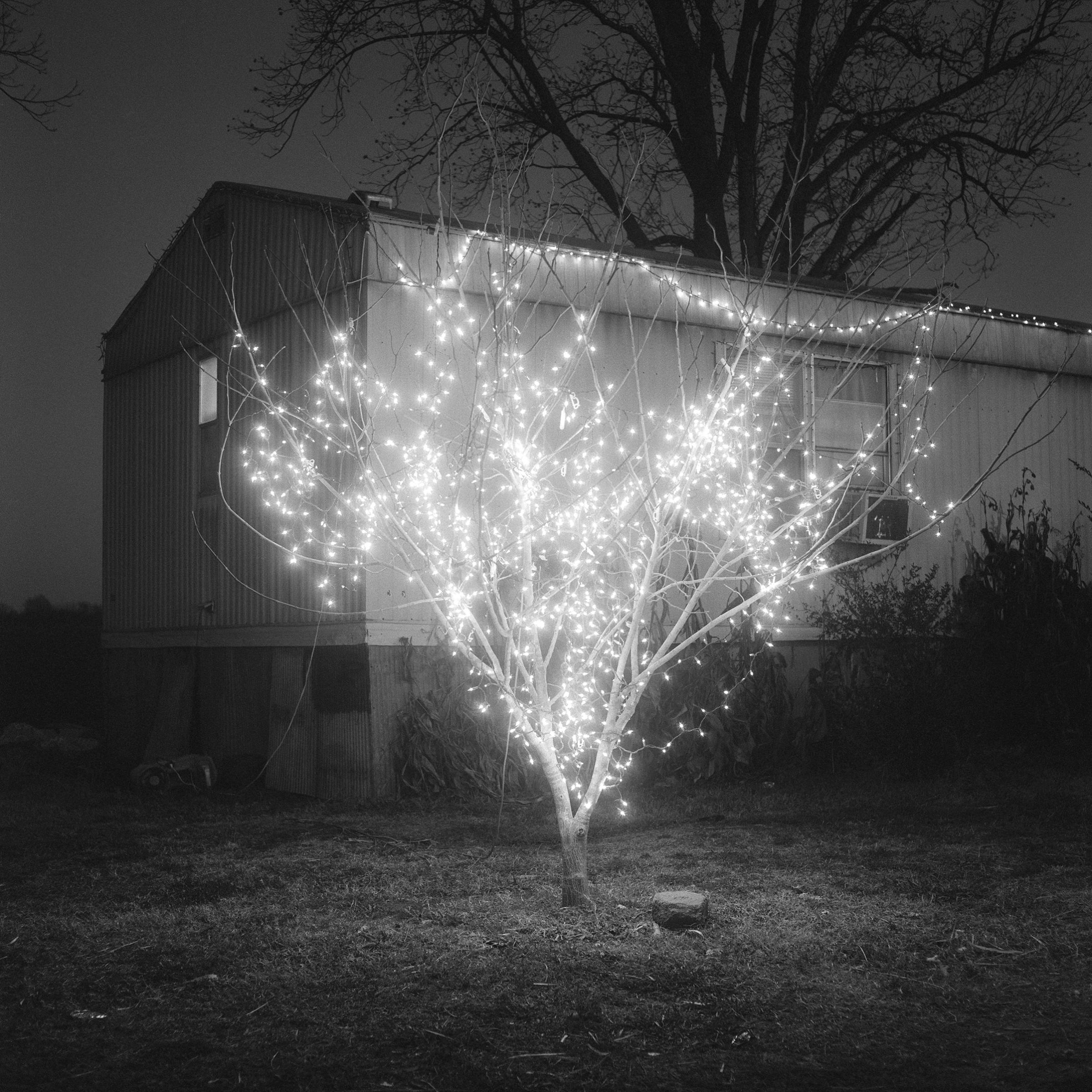
When I moved home in 2010, I packed my two-door car nearly to the roof and drove for three days from California’s Bay Area to the Mississippi Gulf Coast. I took my preferred route, avoiding long, blistered I-10 through Phoenix and the very bottom of New Mexico and Texas in favor of I-40 across northern Arizona and New Mexico and into Dallas. Except for the bright puncture of pinwheeling stars across the night sky, I despised the desert. The dry air, suffused with heat, felt as if it were flaying me. The plants, so sparse and scraggly, offered no shade, no succor. When I crossed the 100th meridian west of Dallas, with moisture settling in the air and plants crowding the sides of the highway, tall pines and verdant vines and lush shrubs, it was as if the very water in the air buoyed me up so I could float through the heat.
When I crossed the Louisiana-Texas state line, I exhaled. And I exhaled again when I crossed the Mississippi state line over the swampy expanse of Pearl River. When I turned right on Kiln DeLisle Road, driving past my grandmother’s house, my grandaunt’s house, my uncles’ houses and my sister’s house, where my uncles were fixing the roof on the pump shed and my aunt waved from her porch, another exhalation. When I pulled into my mother’s rocky driveway and cut my car off, another; and then a deep breath to steady myself and gain my bearings.
When people ask me why I returned home to Mississippi after years of living in the West, the East and the Midwest, I simply say this: I moved home because I love the beauty of the place, and I love the people. But this is a toothless answer, as weak and harmless as a baby’s mouth.
It is difficult for them to understand why a successful black woman would choose to return to the South and, worse yet, to Mississippi, which looms large in the public’s imagination for its racist depredations, and rightfully so. In the early 1800s, there were more millionaires in Mississippi than anywhere else in the country, and all these white men were made rich by cotton, by slavery. Their fields were notorious for their brutality and their productivity. When this cornerstone of the state’s foundation was hobbled by the Civil War and the 13th Amendment, those in power reacted immediately, violently, burning with the same sense of entitlement that had led them to settle this wild place. Black pain, Native pain, women’s pain: if this was necessary in order to reap their lot, to build their wealth, to earn their leisure, so be it.
White Mississippi’s steadfast belief in this idea was not only readily apparent but also burned into the national consciousness. There are many images of tortured and lynched people taken during that era in the South: white crowds milling under mangled bodies, men, women and children alight, smiling. In the ’60s, civil rights demonstrators across the South faced dogs, water hoses and guns. These images remain with us. Mississippi is the memory America invokes whenever it wants to convince itself that racial violence and subjugation are mostly lodged in the past, that they have no space in our present moment, save in this backwoods, backward place.
This can be that place. The aggression is sometimes slight and interpersonal, as simple as me walking through a department store with my children, an obvious shopper, when an older white woman with perfectly coiffed hair and small hands walks up to ask me if a shirt or a pair of shoes is on sale. When my youngest sister stops at a gas station, a white man takes offense at the volume of her rap music and tells her to “turn that shit down.” When she visits her friend’s apartment, the neighbor casually tosses the word nigger at her, as easily as an underhand softball toss.

Other times, it’s when a black family in my neighborhood tries to buy a piece of property on the DeLisle Bayou and the white people who own property in the area do everything they can to block the purchase. Or when my mother’s neighbor begins clearing his land to build his house, and the white people who live on the other side of the woods demand that he leave a strip of forest separating our black neighborhood from their white one.
Sometimes the aggression is deeper, systemic. It is black children in my family enrolling in free preschool programs where their teachers barely tolerate them, ignore them, do a terrible job of leading them to learning. It is my nephew being accused of selling drugs in middle school and being strip-searched. It is black children getting into fights at school, principals pressing charges, and those same children being suspended and sent to juvenile detention centers. It is a white drunk driver hitting my brother from behind, killing him and never being held accountable for the crime of murdering him–only for leaving the scene of an accident.
Living in the American South for generations, my family has collected so many accounts of racial terror, passed down over the decades. I carry every slur, every slight, every violent malign within me; they have become a part of me, accreted in me year after year to settle in me and express themselves in my body: vascular inflammation, migraine headaches, diabetes, giving birth to both of my children prematurely.
But if we suffer from a particularly Southern strain of this illness, know this is an American disease. I know it when I see Donald Trump bumper stickers on cars, paired as they are with Confederate flags and NRA logos. I know it when I see brown children being stolen from their parents, when I hear the openmouthed wail, the panicked screech, with no promise of reunion. I know it when Trump refuses to call white terrorists “terrorists,” when he insists that even though they march with torches, beat black men viciously at their rallies and kill a woman by driving into a crowd, that these are still “fine” people. Ascribes them both virtue and personhood, while denying the same to anyone with melanin in their skin, anyone with ancestors from Senegal and Benin and Nigeria and Haiti and Cuba and Colombia and Mexico and Chad and Syria and Somalia and Iran.
There is an American assumption underlying every bit of this terror: I see you, I know you, and you are nothing. I remember this when the pressure of living as an adult with my family and children in the South seems like too much, when the poverty my family and community has been mired in for generations by design is too galling, too present. There are moments that would break me if they could, moments when I am all too aware of how we have been robbed of opportunities to create intergenerational wealth, when our schools fail us, when we are shuttled into the service sector, when we scrabble for demeaning job after demeaning job. Days when I see one of my cousins, struggling with addiction and untreated mental illness, walking the streets shirtless and shoeless, drowning in his life, and my heart breaks. It is on days like this when a white person will interview me and ask me how to make black people want more for themselves, and I’ve had enough.
I want to run away, at moments like that, to someplace where there is no humidity, where the light is golden over the hills and the specter of all that we have survived and died by is not present in every flag, every street name, every monument, every vote. I fantasize about living in that fabled America. And then I remember that one cannot escape an infinite room. Moving across a few state lines is not going to help me escape this place that tells me I am less. The racist, misogynistic sentiment I encounter every day in Mississippi is the same belief that put in place the economic and social caste systems that allowed America to become America. It is the bedrock beneath the soil. Racial violence and subjugation happen on the streets of St. Louis, on the sidewalks of New York City and in the BART stations of Oakland.
I breathe. I remain. I remember that Mississippi is not only its ugliness, its treachery, its willful ignorance. It is also my nephew, hurling his body down a waterslide, rocketing to the bottom, joy running from shoulder to heel. It is my godmother boiling pots and pots of shrimp and pouring them into a children’s pool so we can eat the delicious spicy mess at our family gathering on the Fourth of July. It is my youngest sister smiling and dancing to Al Green in my godmother’s driveway while the night enfolds like a hand and the insects hiss with summer’s sibilant kiss. It is riding to a convenience store with my childhood friends with the windows down and the night wind caressing me on my cheekbones, UGK booming from the speakers in answer to the blooming Mississippi night. It is sitting on the porch with my 78-year-old grandmother, my children sandwiched between us on the swing, making idle talk and watching hummingbirds zip through the air beyond her screen as she tells us stories. Flush with joy.

But there is more. Here is my local bookseller, a white middle-aged man, arranging a celebratory birthday dinner for my sister and hosting it even as he is convalescing from an illness, and doing it all with a quiet, gentle smile. Here is one of my best friends from high school, a white woman with two toddlers, who stops her car when she sees black people pulled over by the police, pulling out her phone and filming in an attempt to belay disaster, to hold authority accountable, fussy children be damned. And behold the Pass Christian Public Library leading an initiative to choose The Fire This Time, a book about black experience in America, for its citywide reading program in order to foster community dialogue about what it means to be bound together in this place. We are trying to understand that one person’s fate predicates another’s, that this illness of racial violence and oppression affects all of us–not just in Mississippi, but throughout the South, America and abroad.
I like to imagine that one day, I will build a home of cement, a home built to weather the elements, in a clearing in a piney Southern wood, riven with oak and dogwood. I’d like a small garden where I could grow yellow squash and bell peppers in the summer, collards and carrots in the winter, and perhaps keep a few chickens. I wish for one or two kind neighbors who will return my headstrong bulldog if she wanders off, neighbors who I can gift a gallon of water in the aftermath of a hurricane. I like to think that after I die, my children will look at that place and see a place of refuge, of rest. I hope they do not flee. I hope that at least one of them will want to remain here in this place that I love more than I loathe, and I hope the work that I have done to make Mississippi a place worth living is enough. I hope they feel more themselves in this place than any other in the world, and that if they do leave, they dream of that house, that clearing, those woods, when they sleep.
This is the answer with teeth. The reply that demands nuance, introspection and ruthless clarity, enough to see that this can be another place. Even as the South remains troubled by its past, there are people here who are fighting so it can find its way to a healthier future, never forgetting the lessons of its long, brutal history, ever present, ever instructive.
We stand at the edge of a gulf, looking out on a surging, endless expanse of time and violence, constant and immense, and like water, it wishes to swallow us. We resist. We dredge new beaches, build seawalls, fortify the shore and hold fast to each other, even as storm after storm pushes down on us. We learn how to bear the rain, the wind, the inexorable waves. We fear its power, respect its reach, but we learn how to navigate it, because we must. We draw sustenance from it. We dream of a day when we will not feel the need to throw our children into its maw to shock them into learning how to swim. We stand. And we build.
Ward is a two-time winner of the National Book Award for fiction, most recently for Sing, Unburied, Sing, and a professor of English at Tulane University
This story is part of TIME’s August 6 special issue on the American South. Discover more from the issue here.
More Must-Reads from TIME
- Caitlin Clark Is TIME's 2024 Athlete of the Year
- Where Trump 2.0 Will Differ From 1.0
- Is Intermittent Fasting Good or Bad for You?
- The 100 Must-Read Books of 2024
- Column: If Optimism Feels Ridiculous Now, Try Hope
- The Future of Climate Action Is Trade Policy
- FX’s Say Nothing Is the Must-Watch Political Thriller of 2024
- Merle Bombardieri Is Helping People Make the Baby Decision
Contact us at letters@time.com